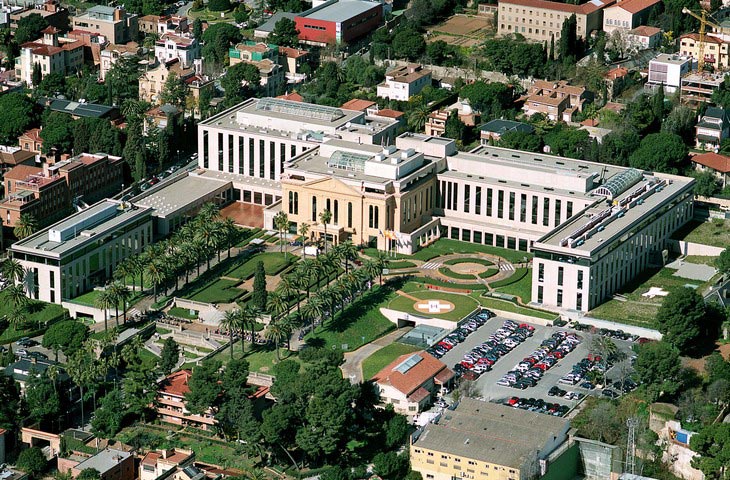Skin care clinics abroad offer treatments from radiation therapy to vitiligo surgery
Chances are, you know that dermatology deals with prevention, diagnostics, treatment, and follow-up care of skin, nails, hair and mucous membranes diseases. According to the American Academy of Dermatology, over 7 million people in the country have psoriasis while in the UK the number of new cases of STDs has increased by 38% from 2000 to 2009 and these days makes up to 280,000 of young people between 16 and 24.
Dermatologists treat diseases that include:
- dermatitis
- hair loss
- pigmentation disorders
- psoriasis
- skin infections and cancers
- STDs
- vitiligo
- etc.
Treatment options experts in dermatology will offer you in Europe, Asia, or the U.S.
Conditions mentioned above can be caused by gene mutations, weak immune system, polluted environment, etc. If you suffer from one or more of them, today you have access to such skin treatments as hair transplantation, laser therapy, phototherapy, cryosurgery, radiation therapy, allergy testing, vitiligo surgery, etc. Specifically, dermatology hospitals in Israel are considered to be the most popular facilities in foreign patients due to the Dead Sea programs and long-term effect.
5 questions to ask your dermatologist during your first appointment at an overseas clinic:
- What type of treatment would you recommend trying first?
- What is your experience/education in treating dermatological diseases?
- What are causes of my health problem?
- What medicines will you be using to treat my disorder?
- How will my follow-up care look like?
Cross-border patients who read this article also read about ENT, endocrinology, and melanoma treatment in Latvia with Rigvir.






